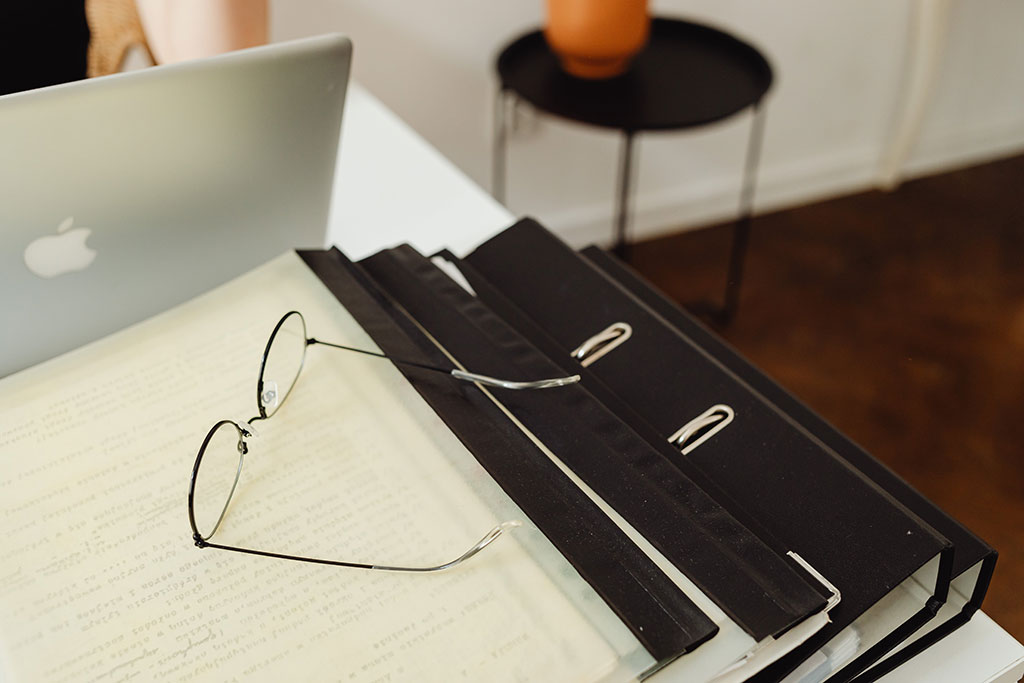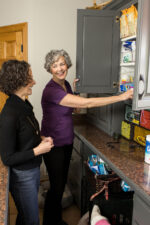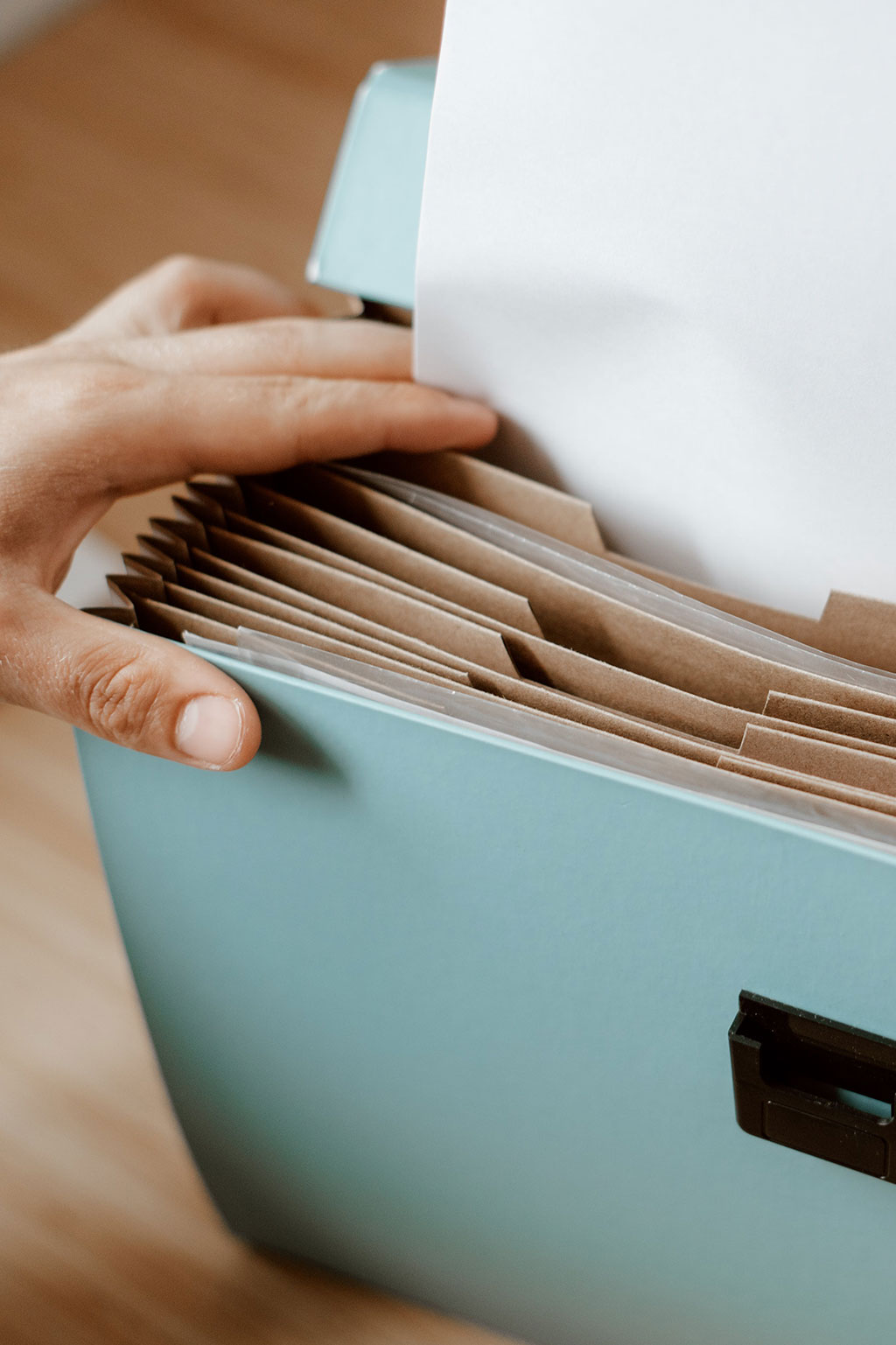Safeguarding Essential Documents
A key aspect of home security is ensuring you protect your important documents in case of fire, theft, or natural disaster, which requires knowing where and how best to store them.
Utilize the following tips to help safeguard your most essential data.

Identify and collect documents to protect
Records such as your and your family’s birth certificates and Social Security cards, along with any marriage licenses, divorce decrees, and military discharge papers, should be kept safely
stored and kept indefinitely. In addition, you should secure sensitive medical, legal, and financial data such as your estate-planning documents and life insurance policies.
Duplicate documents
Paper copies can easily be damaged and misplaced, so to protect your vital records, be sure to create digital duplicates to keep as a backup; though originals are typically required for most official processes, a copy may suffice in cases of emergency. You can achieve this by scanning them into your computer, saving them in PDF format, and storing them in the cloud, utilizing services like Google Drive or Dropbox. Photos and videos from your smartphone may also serve as a valid duplicate.

Pick a storage option
Once you have your documents and duplicates collected, decide on where you want to keep it all. For instance, you can never go wrong with a safe-deposit box at your bank. In addition, you should secure sensitive legal, medical, and financial documents such as your life insurance policies, will, and advance directives. However, if you do want to store your documents at home, acquire a safe to protect them against threats of theft or natural disaster. Doing so doesn’t necessitate a significant investment either. It all depends on the features you may need. When comparing safe types, consider what you plan to keep in it as well as its required level of protection, considering factors like heat resistance, size, and portability, especially if you’d like to take it with you on trips away.
For items that don’t require locked protection, store them in a hidden location and in waterproof containers. Plastic bins will not protect your documents from fire damage, but they can safeguard them from smoke or water destruction. Also, it’s a good idea to put the documents in your safe in plastic sleeves or a box or binder as well for extra protection.
Secure your passwords
Beyond your physical information, make sure to take steps to secure your sensitive online data as well. One of the most important ways to do this is through your passwords. Every time you register for a service or product, you’re prompted to create a password, which ideally should be complex yet memorable. However, generating numerous ones that are different from each other can be challenging. To safeguard your crucial documents, consider using a password manager system, which securely stores and organizes all your passwords. This can then provide easy access to your stored information for both you and your designated family members in case they need to act on your behalf if you cannot.
Safeguarding and preserving your sensitive documents can help avoid issues down the line when they are needed. You can rest easy knowing you have taken the necessary steps to ensure their safety.


















